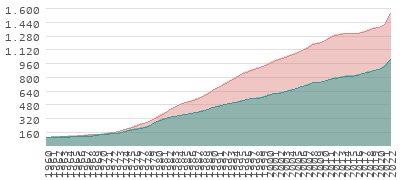beorhthelm
A. Virgo, Football Genius
- Jul 21, 2003
- 36,023
who has lower living standards that 1970s? we spend half as much on food and clothing, while double on leisure, doesnt sound like lower living standards. the doctors want twice what the inflation adjust pay would be, ignoring allowances (they dont like to mention all the add ons).The 99% are and have been suffering declining living standards since the emergence of neo-liberalism in the late 1970s. The poorest 10% of people in Britain pay a higher effective tax rate than the richest 10%. The NHS doctors are not on strike for a pay increase - the are on strike for pay restoration. Their income is today 35% less in real terms than it was in 2008.


